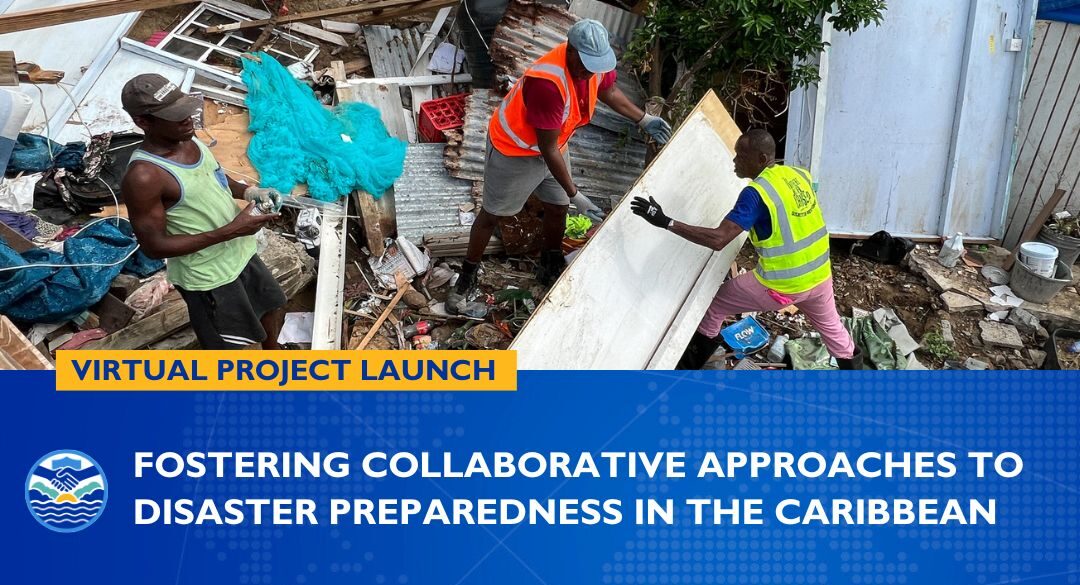The Caribbean region, increasingly vulnerable to natural hazards such as hurricanes, flooding, and the intensifying effects of climate change, is set to benefit from a groundbreaking initiative led by the International Organization for Migration (IOM). Launched on September 16, 2025, the project, themed ‘RESILIENT CARIBBEAN: Prepared, Protected, and United,’ seeks to enhance disaster preparedness and response capabilities across 13 Caribbean nations. These include Dominica, Barbados, Antigua and Barbuda, The Bahamas, Belize, Grenada, Guyana, Jamaica, Saint Kitts and Nevis, Saint Lucia, Saint Vincent and the Grenadines, Suriname, and Trinidad and Tobago. The initiative, spanning from April 2025 to March 2027, builds on lessons from recent emergencies, including the response to Hurricane Beryl in 2024. It aligns with the priorities of CARICOM’s Caribbean Disaster Emergency Management Agency (CDEMA) and the European Union, leveraging a recently signed Memorandum of Understanding on integrated disaster risk management between the EU and Latin America and Caribbean regions. Key objectives include integrating displacement and mobility considerations into disaster management mechanisms, improving evidence-based planning for risk reduction, enhancing coordination in emergency shelter and non-food item sectors, and ensuring vulnerable populations receive critical humanitarian aid. The project aims to foster resilience, reduce vulnerabilities, and empower governments and communities to better manage displacement and climate-related threats. The launch event provided a platform for engaging with stakeholders, gathering feedback, and promoting public awareness of the initiative’s goals.
IOM launches project to improve frameworks for human movement and deal with displacement after disasters
